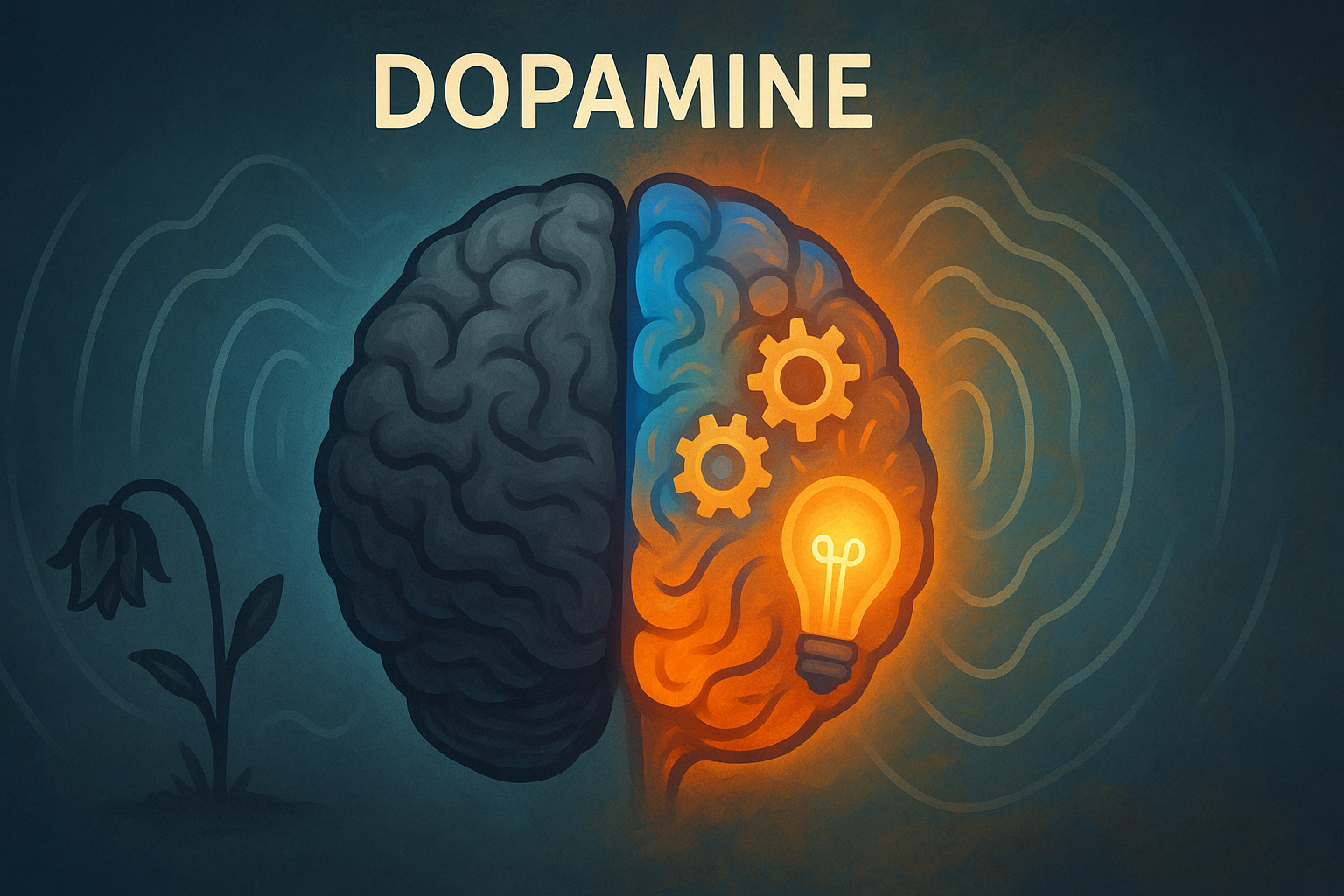Exploring the Connection Between Meditation and Dopamine Levels
In today’s fast-paced world, finding ways to enhance mental well-being is more important than ever. Meditation, an age-old practice, has been gaining popularity not just for its calming effects but also for its potential impact on brain chemistry. One fascinating area of research is the connection between meditation and dopamine levels. Could this ancient practice be a natural way to boost your mood and focus? Let’s dive into this intriguing topic.
Table of Contents
1. Introduction to Meditation and Dopamine
2. Understanding Dopamine: The “Feel-Good” Neurotransmitter
3. How Meditation Influences Dopamine Levels
4. Scientific Studies: Meditation’s Impact on the Brain
5. Practical Tips for Boosting Dopamine Through Meditation
6. Conclusion
7. FAQs
Introduction to Meditation and Dopamine
Meditation has been practiced for thousands of years, primarily to attain a higher state of awareness and inner peace. But beyond spiritual and psychological benefits, meditation may also play a role in neurochemistry, particularly concerning dopamine. Often dubbed the “feel-good” neurotransmitter, dopamine is crucial for feeling pleasure, motivation, and attention. But what exactly is the relationship between meditation and dopamine?
Understanding Dopamine: The “Feel-Good” Neurotransmitter
Dopamine is a neurotransmitter that plays several critical roles in the brain and body. It’s involved in reward, motivation, memory, attention, and even regulating body movements. When dopamine levels are balanced, it helps us feel motivated and happy. However, low dopamine levels can lead to feelings of apathy, lack of focus, and even depression.
In the quest for better mental health, people often seek ways to naturally boost dopamine levels. This is where meditation comes into play, offering a potential, holistic approach to enhancing dopamine.
How Meditation Influences Dopamine Levels
Meditation’s impact on dopamine levels is a growing field of study. When you meditate, you engage in a practice that can lead to increased dopamine production. The calming effect of meditation reduces stress and anxiety, which are known to deplete dopamine. Furthermore, meditation promotes mindfulness, which can lead to a more positive outlook on life, indirectly boosting dopamine production.
Scientific Studies: Meditation’s Impact on the Brain
Several studies have explored how meditation affects the brain and dopamine levels. One notable study conducted by neuroscientists at the University of Wisconsin found that experienced meditators showed an increase in dopamine production during meditation sessions. The findings suggest that meditation may enhance the brain’s ability to regulate emotions and mood.
Another study published in the journal “Cognitive, Affective, & Behavioral Neuroscience” revealed that mindfulness meditation increased dopamine release in the ventral striatum, an area of the brain associated with reward processing. These studies underscore the potential of meditation as a tool for improving mental health by naturally boosting dopamine levels.
Practical Tips for Boosting Dopamine Through Meditation
Ready to tap into the dopamine-boosting benefits of meditation? Here are some practical tips to get started:
1. Start Small: Begin with short, daily meditation sessions. Even five minutes can make a difference.
2. Choose a Comfortable Space: Find a quiet, comfortable space to meditate, free from distractions. ?
3. Focus on Breathing: Pay attention to your breath. Inhale deeply and exhale slowly, focusing on each breath to enhance mindfulness.
4. Practice Mindfulness: Engage in mindfulness meditation, which encourages you to focus on the present moment without judgment.
5. Be Consistent: Consistency is key. Make meditation a part of your daily routine to see long-term benefits.
Conclusion
The connection between meditation and dopamine levels is a promising area of research that holds potential for improving mental well-being. By incorporating meditation into your daily routine, you may not only find peace and clarity but also boost your brain’s dopamine production. As science continues to explore this fascinating link, we may discover even more about the profound effects of meditation on the brain. ????
FAQs
1. How long does it take for meditation to affect dopamine levels?
While individual results vary, some studies suggest that even short, daily meditation sessions can begin to impact dopamine levels within a few weeks.
2. Can meditation replace medication for low dopamine levels?
Meditation can be a complementary practice but should not replace prescribed medication without consulting a healthcare professional.
3. What type of meditation is best for boosting dopamine?
Mindfulness meditation is often recommended for boosting dopamine, as it emphasizes present-moment awareness and reduces stress.
Incorporating meditation into your lifestyle may provide a natural way to enhance dopamine levels, leading to improved mood and mental clarity. Give it a try—you might just find yourself feeling more focused and happier. ?
Roshiwave Meditation Mind Machine
Add CTA sections description.


